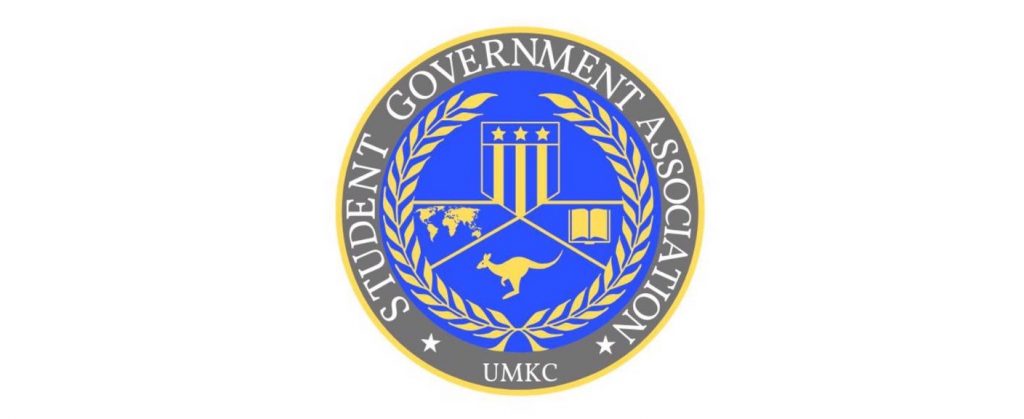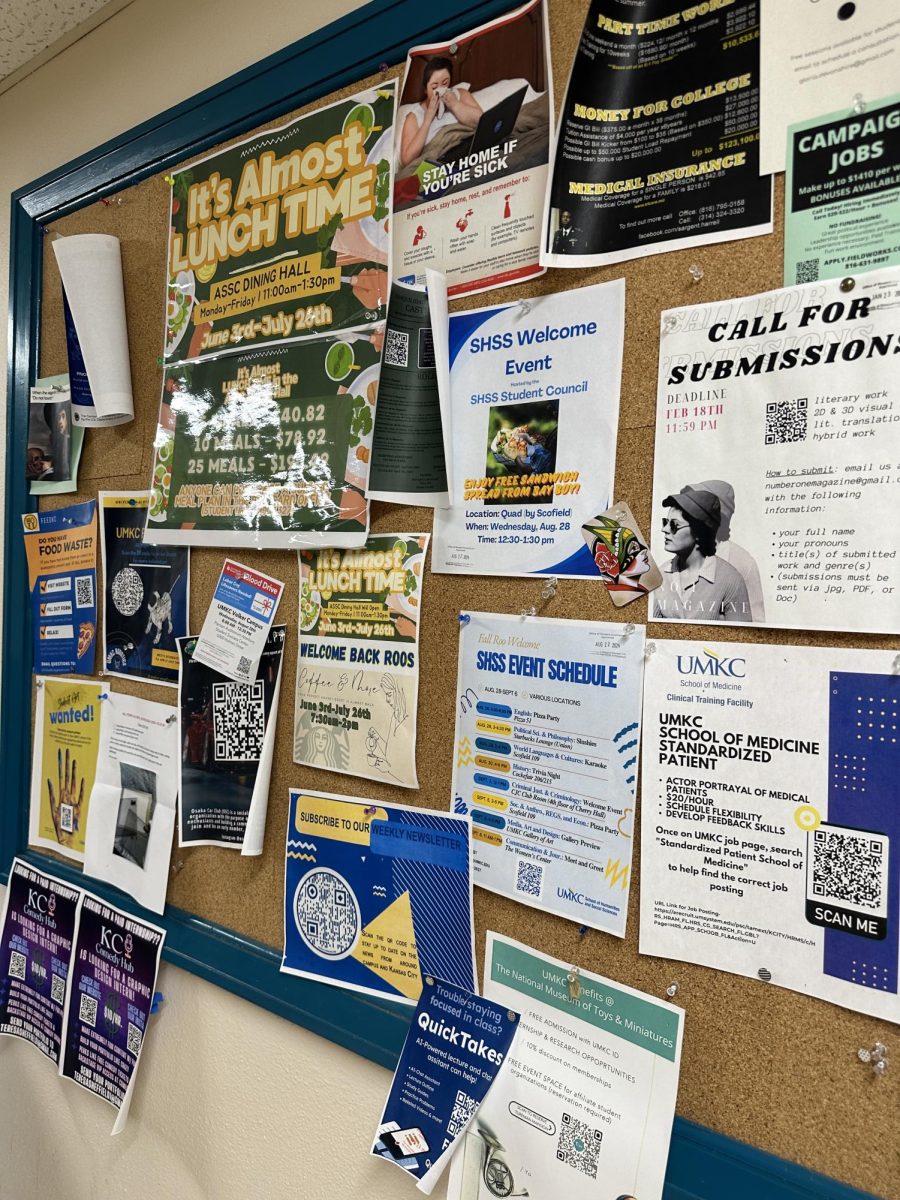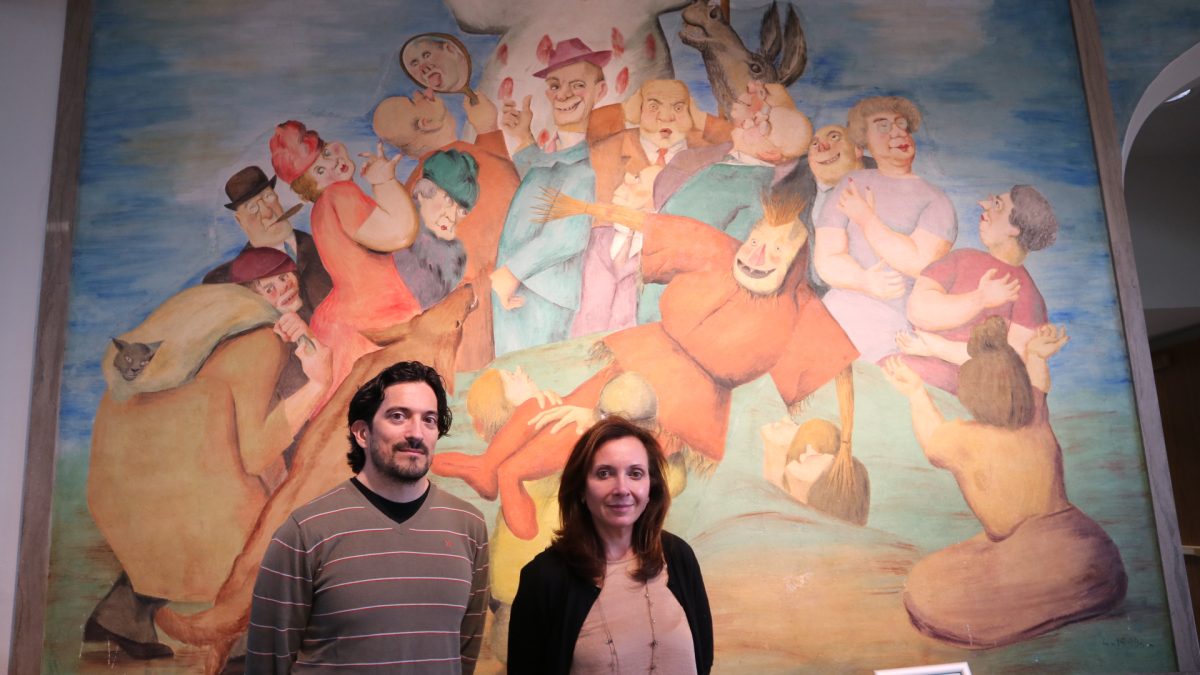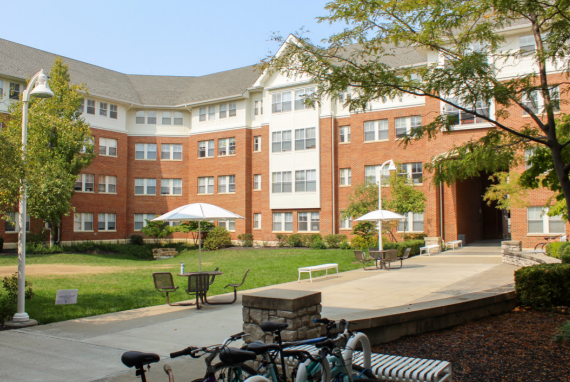The SGA elections start on March 16, and probably no one cares. If we look at the voting figures for the last SGA election, it shows only 1414 people voted out of an estimated 16,000 students. This is about a 9% voter turnout, even though the ballot included a referendum that added fees to student tuition. However, whether we like it or not, the SGA affects more than 9% of UMKC’s students.
It is understandable that there was such a low turnout. After all, the numbers show that often less than 20% of voters in the national presidential primaries, a heated race, are under the age of 30. In the case of the SGA, many either do not know what it is, what it does, or how they will be affected by its actions.
Though some decry the SGA as a vehicle for the play politics of especially motivated students, it does have the power to change the landscape at UMKC.
The way this is most readily felt is in student pocketbooks. SGA referendums have resulted in fees for students that can add up to well past $100, and its Student Activity Fee (which funds the organizations and its work) costs more.
These fees have led to things such as increased hours at the library (always a plus for those 11:59 p.m. assignment-submitters) and the construction of the Student Union (which, if nothing else, houses the Chik-Fil-A).
In its primary role, the SGA oversees all of the student organizations and allocates their budgets. Goat yoga does not come cheap, and the SGA’s goal is to ensure that events and groups students occasionally enjoy end up funded and well-organized.
“Of course I like the library, and Chik-Fil-A and goat yoga,” you may say. “But why should I care about the election or the SGA? Can’t it do its own thing?”
The SGA can, and sometimes has, done its “own thing.” This has often led to moments of embarrassment for the organization. It is important that this frequently underestimated governing body is watched and held accountable. With the power to oversee groups, allocate resources and create fees, the SGA’s power can be harmful if unchecked.
Furthermore, the election, especially one as heavily contested as this one (three separate parties are running for offices, as compared to one last year) can determine the future role the student body will play in the upcoming year.
Take the much talked-about student health, wellness and counseling referendum that has been proposed by the current SGA. The referendum would bring a new fee that would help double the budget of Student Health and Wellness and Counseling Services. Though this is something that would normally be the responsibility of any good university, students have taken it into their own hands to ensure the services receive proper funding.
Some candidates have also expressed their desire to hold the university administration’s feet to the fire, demanding greater accountability from the secretive and byzantine institution.
Whoever takes up the reigns of next year’s SGA will have a lot on their hands and carry the responsibility of carrying a newly empowered SGA into the next decade.
It is up to students like me and you to determine who is best for the job.
Many complain that the university is dead, apathetic and uninvolved. It will never change if students do not stop acting the same way
samuelbellefy@umkc.edu








